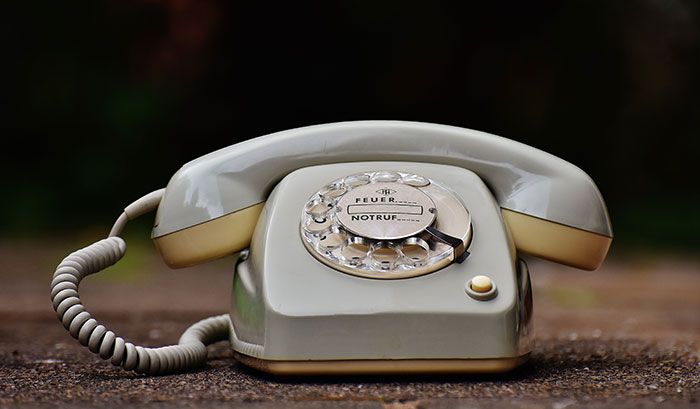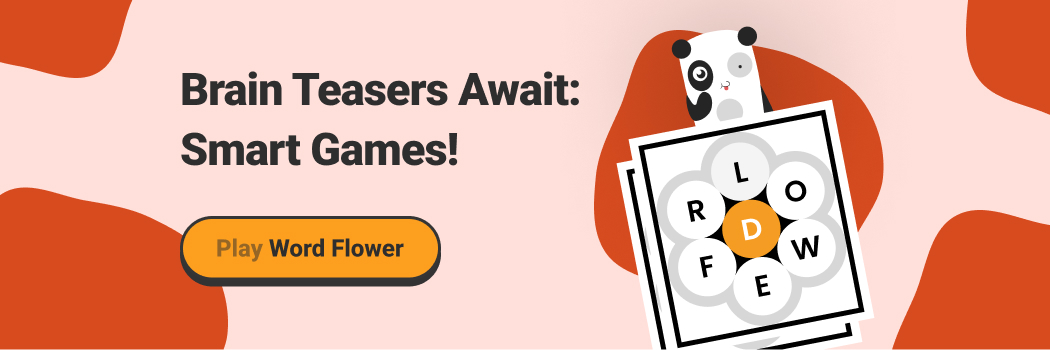A redditor under the moniker ‘hey__its__me’ has recently asked their fellow netizens to share the worst cases of helicopter parenting they have ever seen; and share they did. The redditors’ stories covered everything from parents listening in on children’s phone conversations to tying their shoes for a decade longer than they probably should have, and beyond. If you’re interested in more examples of such parenting, scroll down to find them on the list below and see just how involved some moms and dads are in the lives of their children.
Below you will also find Bored Panda’s interview with professor of psychological science at University of Mary Washington and an expert in helicopter parenting, Holly H. Schiffrin, PhD, who was kind enough to share her insight on the topic.
anon , Rajesh S Balouria/Pexels (not the actual photo) Report
ineedmorecheese , Karolina Grabowska/Pexels (not the actual photo) Report
narwhal-narwhal , Kampus Production/Pexels (not the actual photo) Report
“By far the most research has been conducted on the psychological outcomes and there are very consistent findings (although almost entirely correlational) that helicopter parenting is associated with more anxiety and depression as well as less satisfaction with life,” Dr. Schiffrin told Bored Panda.
“The primary explanation for this relationship that has been examined has been self-determination theory, which states that there are three pillars of everyone’s well-being including autonomy (being able to make your own choices), competence, and relatedness to other people, and helicopter parenting seems to undermine all three of the concepts.”
Coopersma , Greta Hoffman/Pexels (not the actual photo) Report
Transcendentalcat , Andrea Piacquadio/Pexels (not the actual photo) Report
“They also do things for their children that they should be doing for themselves, which reduces the opportunity to practice skills and develop competence, as well as sends a—likely unintentional—message that the parent doesn’t think the child is competent enough to do it themselves. Both of these dynamics seem to negatively impact how related the child feels to the parent and others.”
mechantmechant , Julia M Cameron/Pexels (not the actual photo) Report
PlumLion , Marcus Aurelius/Pexels (not the actual photo) Report
guitarmaniac004 , Juan Pablo Serrano Arenas/Pexels (not the actual photo) Report
“There have been a couple of studies looking at careers, which have found maladaptive workplace responses to hypothetical scenarios as well as weaker vocational identity,” Schiffrin told Bored Panda.
“A newer focus of research has been on behavioral outcomes, which have typically found that the emerging adult children of helicopter parents engage in more risky behavior such as alcohol and substance use, sexual coercion, as well as video game addiction.”
anon , Ketut Subiyanto/Pexels (not the actual photo) Report
Hrekires , Teona Swift/Pexels (not the actual photo) Report
anon , Tobias Dziuba/Pexels (not the actual photo) Report
anon , Emma Bauso/Pexels (not the actual photo) Report
cantstealthemusic , Nicole Michalou/Pexels (not the actual photo) Report
fischestix , cottonbro studio/Pexels (not the actual photo) Report
“In terms of letting parents know that their involvement is too much, I think that the more this is discussed and parents are educated about it the better it will be,” Holly Schiffrin suggested. “Parenting this way is stressful and exhausting to parents; however, I think they do it because they genuinely think that they are helping their children. If they can come to understand that these helicopter parenting behaviors are not helpful—and may be harmful—it would give them permission to step back and parent differently, which would benefit their children and themselves.
“This type of parental education could come through articles, parenting books, pediatricians, psychologists, parenting sessions held by preschools or public schools, college orientation sessions, and similar ways. If a parent hasn’t gotten the message through these sources, then an emerging adult child may need to have a more direct conversation with their parent to express how helicopter parenting behaviors impact them and how they would like their parent to support their autonomy instead.”
ResettisReplicas , Pixabay/Pexels (not the actual photo) Report
orangeprint , Porapak Apichodilok/Pexels (not the actual photo) Report
mrcats1999 , fauxels/Pexels (not the actual photo) Report
Blazingpegasys , Eli Burdette/Pexels (not the actual photo) Report
anon , JÉSHOOTS/Pexels (not the actual photo) Report
cdub2046 , RDNE Stock project/Pexels (not the actual photo) Report
elmundio87 , Ellie Burgin/Pexels (not the actual photo) Report
realtorlady , Craig Adderley/Pexels (not the actual photo) Report
Dancing_Baguette_Boy , Ryan Snaadt/Pexels (not the actual photo) Report
RedCaribou57 , Andrea Piacquadio/Pexels (not the actual photo) Report
anon , Justin Hamilton/Pexels (not the actual photo) Report
anon , cottonbro studio/Pexels (not the actual photo) Report
MikeOxbigg , Karolina Grabowska/Pexels (not the actual photo) Report
Lostsonofpluto , Dexon Dave Silva/Pexels (not the actual photo) Report
Coopersma , Pixabay/Pexels (not the actual phtoo) Report
Jazzyfiendproduction , Pixabay/Pexels (not the actual photo) Report
Follow Bored Panda on Google News!
Follow us on Flipboard.com/@boredpanda!
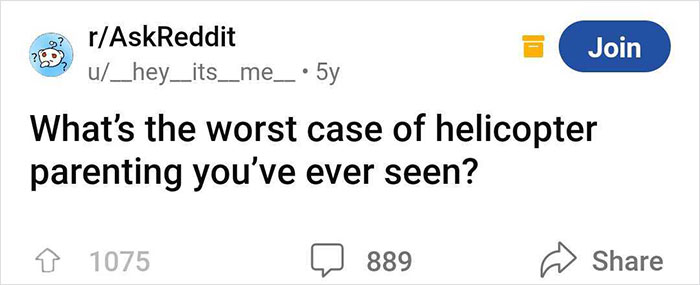
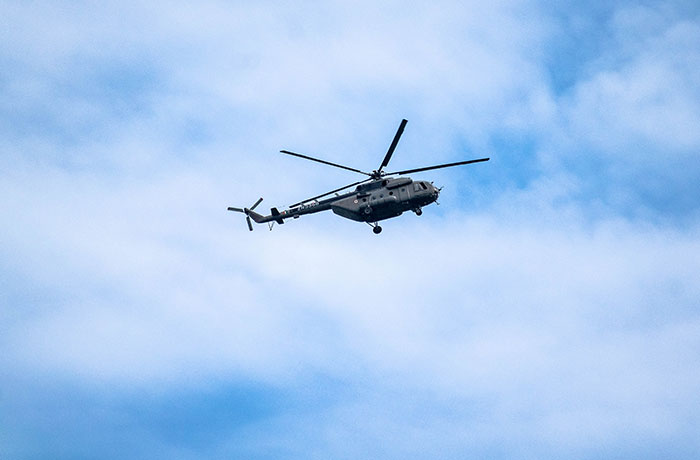





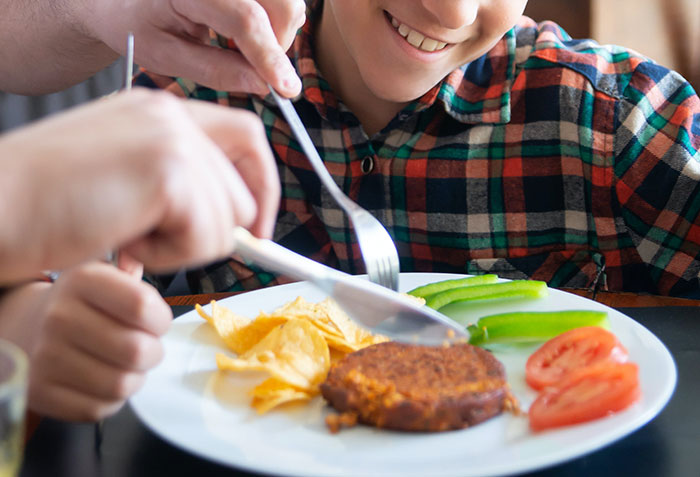








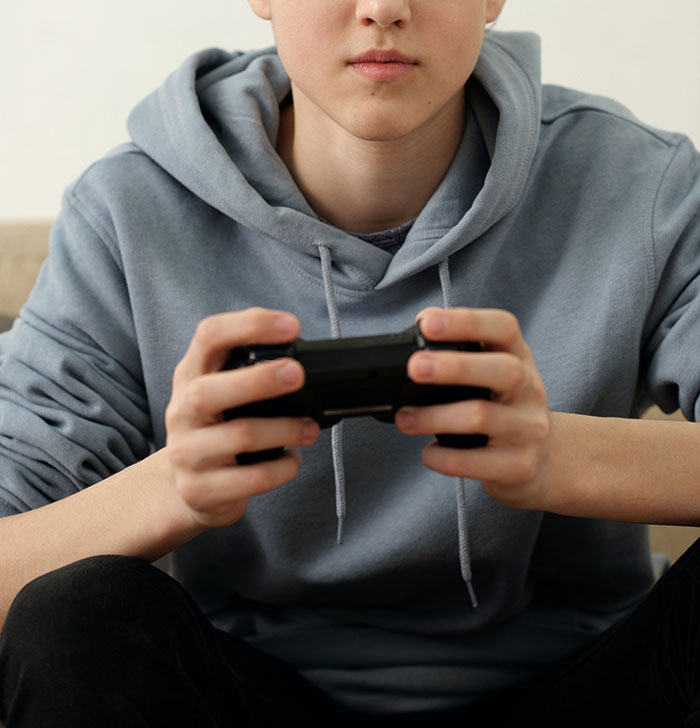








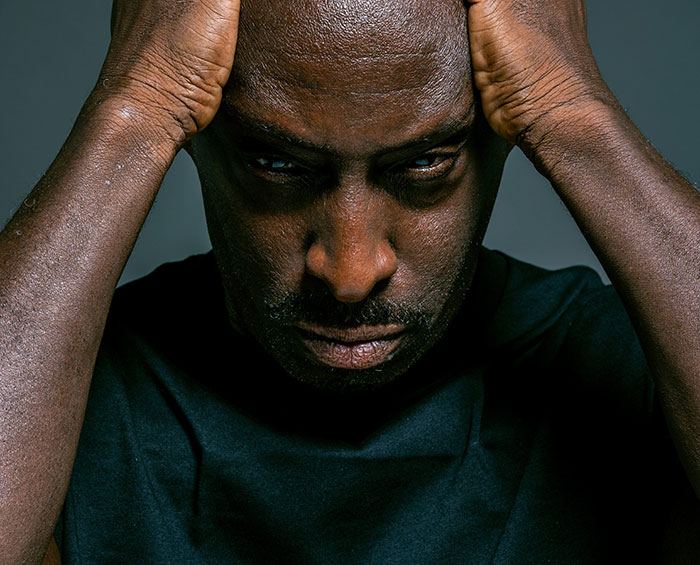








































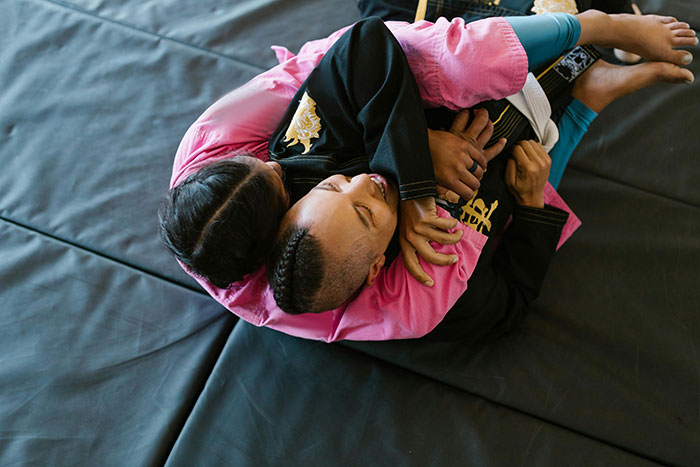






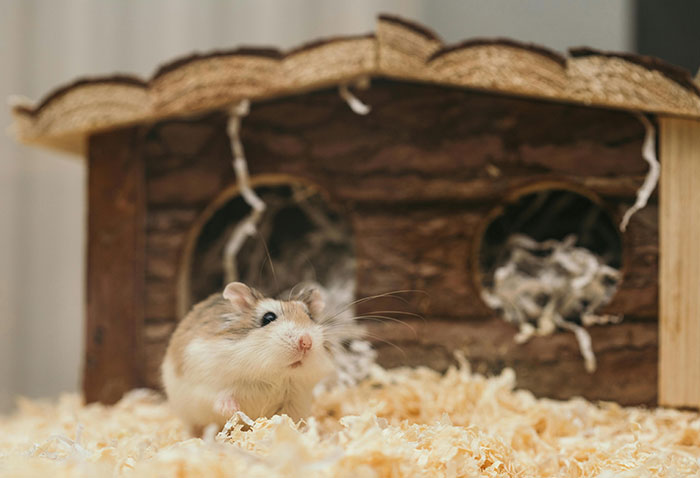


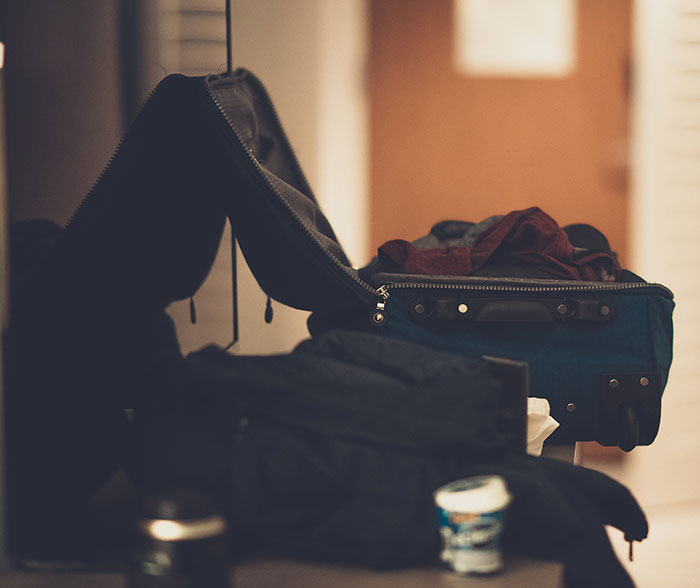




















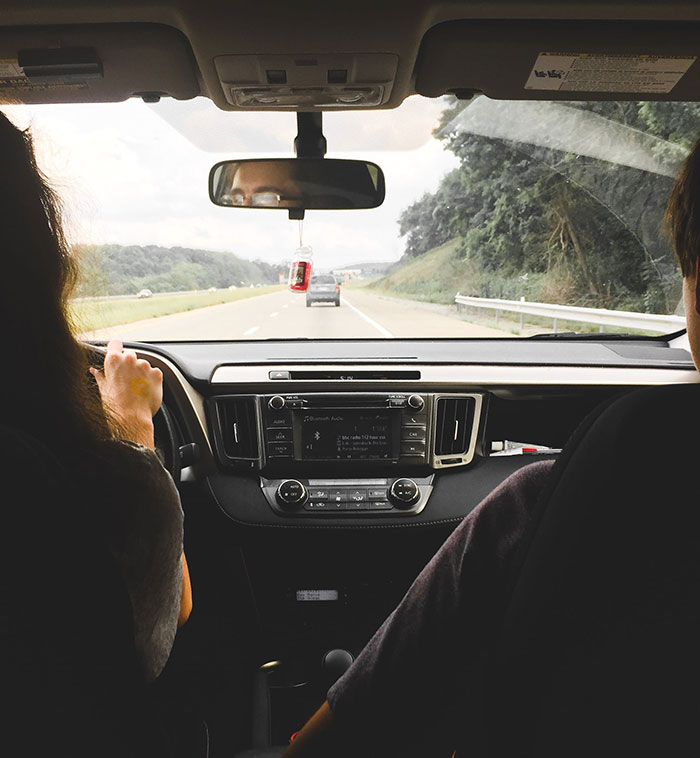

![]()
















